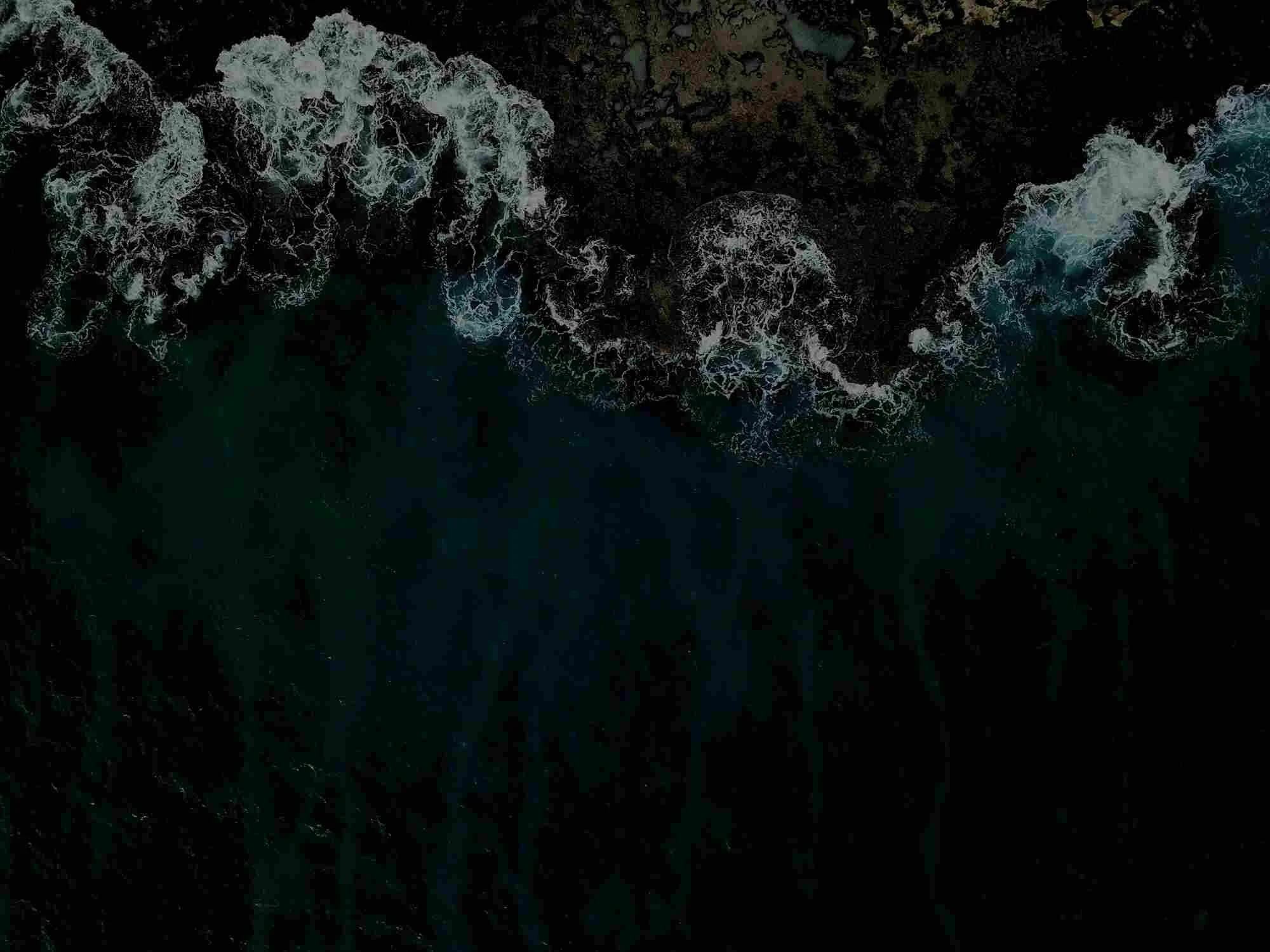
Are you attending a Coronial Inquest in Brisbane?
Coronial inquests are one of the most confronting and overwhelming legal processes for clients, especially when media attention is involved.
We understand the stress of the situation, and with over a decade of experience, we are here to support you through it.
or
Choosing the best coronial inquest lawyer in Brisbane
Our leading Brisbane criminal lawyers can represent you in the Coroners Court of Queensland. A coronial inquest is used to investigate reportable deaths in Queensland, with the purpose of determining the circumstances of the death and, in some cases, making recommendations to prevent future deaths.
These proceedings are often sensitive and highly stressful for families, witnesses, and others involved. Unlike other court processes, a coronial inquest is inquisitorial rather than adversarial, and it can be difficult for those without legal experience to understand their role, rights, and obligations.
Our team of experienced criminal lawyers provides strategic advice and strong representation in these matters. With our experience in complex and sensitive cases, we work to ensure that your interests are protected and that you are fully supported throughout the inquest process.
FAQ - Coroners Court in Brisbane
-
A reportable death is one that must be referred to the Coroner. This includes situations where:
the identity of the person is unknown
the death was violent or unnatural, such as accidents, falls, suicides or drug overdoses
the death happened in suspicious circumstances
a cause of death certificate has not been issued or is not likely to be issued
the death was health care related
the death occurred in care or custody
the death occurred during or as a result of police operations
If a person dies under these circumstances, a coronial investigation may be required.
-
The Coroner investigates to establish:
the identity of the deceased
when and where they died
the medical cause of death
the circumstances of how the death happened
In some cases, the Coroner may hold an inquest, which is a formal court hearing examining the circumstances of the death.
-
A coronial investigation does not decide criminal or civil liability.
However, the findings can have legal consequences, and the Coroner can make recommendations to prevent similar deaths in the future.
-
The Coroner can order medical examinations, request documents, direct inspections, and require witnesses to give evidence.
These powers are broad and can overlap with other legal investigations.
-
You may be asked to give evidence, provide documents, or respond to findings. This can have serious implications, particularly if there are related criminal or civil proceedings.
-
Legal representation is not mandatory, but it is strongly recommended.
Coronial findings can affect criminal liability, civil claims, or professional reputation.
Having a lawyer ensures your rights are protected and that you understand the process.
-
Yes. While the inquest itself does not assign guilt, evidence gathered can be referred to police or prosecutors. If there is evidence of a criminal offence, criminal charges may follow.
-
You should seek legal advice as soon as possible. A lawyer can review the notice, explain your obligations, prepare you for questioning, and protect your interests during the proceedings. Coronial inquests can be highly stressful, particularly where there is sensitive evidence or media attention.
Having legal representation helps manage both the legal and personal challenges that arise in these situations.
Facing a serious criminal law situation in Qld?
If you or someone you know needs urgent legal advice, contact us now.
Call us on (07) 3012 6531 or fill in our Quick Enquiry form for a confidential discussion with our Brisbane criminal lawyers.